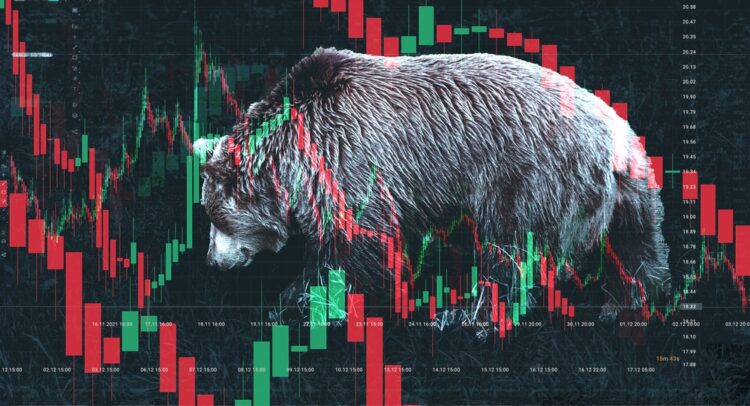After two U.S. banks collapsed in a span of just two days, the markets reversed their pre-market drop as traders are betting that the turmoil in the banking system will force the Fed’s hand to halt the rate hikes. Treasury yields plunged, and equities jumped, with even some regional bank stocks surging into positive territory. For example, shares of Valley National (NASDAQ:VLY), United Bankshares (NASDAQ:UBSI), and Washington Federal (NASDAQ:WAFD) jumped by 3% to 6%.
Stay Ahead of the Market:
- Discover outperforming stocks and invest smarter with Top Smart Score Stocks
- Filter, analyze, and streamline your search for investment opportunities using Tipranks' Stock Screener
With regulators backstopping the banking system and bailing out depositors, and with falling expectations of rate hikes, is the worst of the banking turmoil behind us?
Yes, says Goldman Sachs (NYSE:GS), advising to “buy the dip” in bank stocks. Ironically, one of the banks Goldman has recommended for the dip-buyers is Charles Schwab (NYSE:SCHW), whose stock has tumbled 30% since the clouds started to gather around the now-extinct SVB last week.
However, Morgan Stanley (NYSE:MS) disagrees. The bank’s chief strategist Michael Wilson said that if there’s a rebound following the U.S. regulators’ support measures, investors should grasp that opportunity to get rid of bank stocks. Wilson believes that the demise of SVB Financial (NASDAQ:SIVB) and Signature bank (NASDAQ:SBNY) underlines the extent of the Fed’s tightening measures.
Hailed as one of the best strategists on Wall Street, Wilson doesn’t see any broad crisis in the U.S. financial system, but he forecasts further declines in banking shares. Wilson said that even though the regulators stepped in, ensuring the depositors are made whole, the public will continue pulling money from banks into traded securities unless they are rewarded for the perceived risk they are taking by earning higher deposit rates. This would weigh on the credit supply of the economy, which, in turn, could harm local businesses and depress small-cap stocks.









